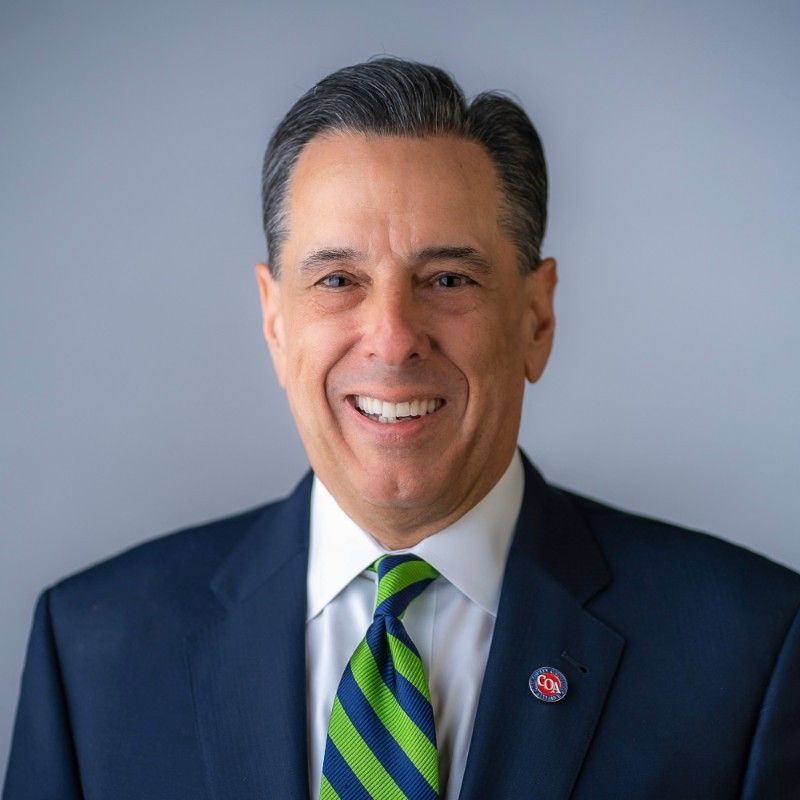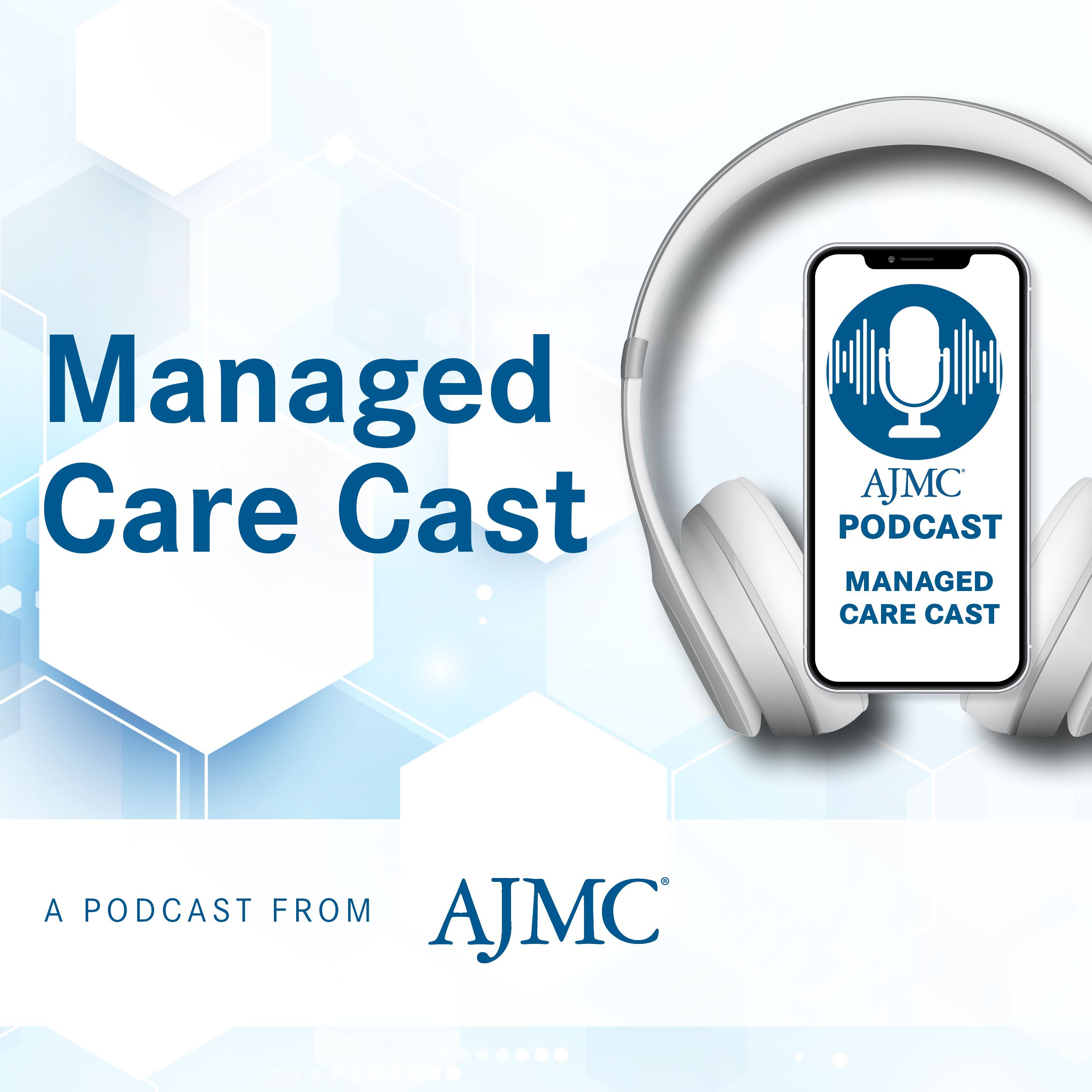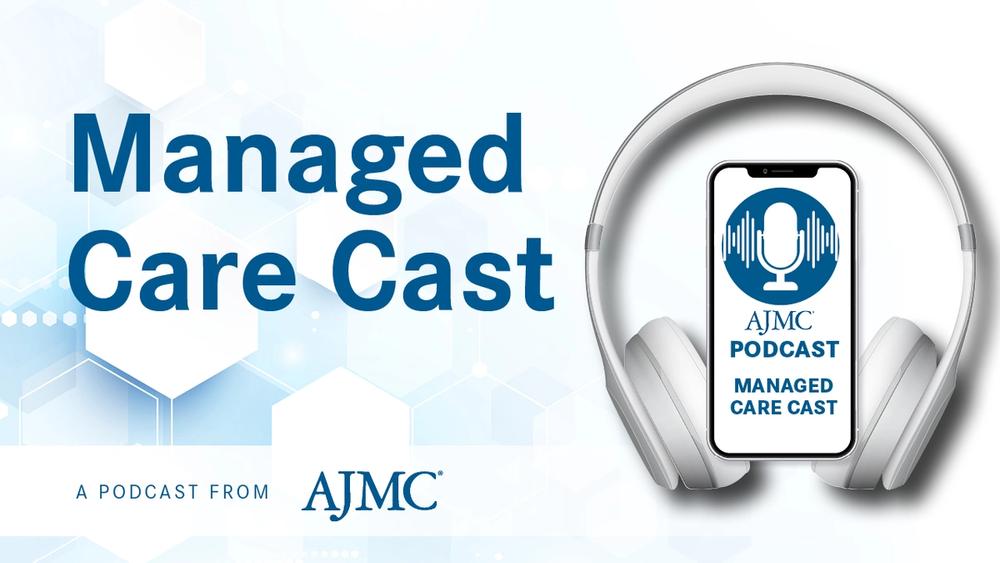News
Article
Change Healthcare Could Get Congress’ Attention Before Break for Election
Author(s):
The annual legislative update at the Community Oncology Alliance Community Oncology Conference identified what Congress may focus on prior to the upcoming election.
Part of it’s the unprecedented gridlock in Congress, and part of it’s the natural rhythm of an election year, but many legislative items of interest to community oncology will wait until after November 5, 2024, when voters select a president and a new Congress. That’s not to say Congress won’t air plenty of grievances first—starting with the Change Healthcare debacle.
Ted Okon, MBA | Image credit: COA

That’s the assessment of a group of government affairs leaders from across the spectrum of cancer care, who gathered for the annual legislative update during the Community Oncology Alliance (COA) Community Oncology Conference on Friday in Orlando, Florida.
Moderated by COA Executive Director Ted Okon, MBA, the panel featured:
- Jerrica Mathis of Cardinal Health
- Ben Jones of The US Oncology Network
- Kristine Rufener of the Association for Clinical Oncology, the advocacy arm of the American Society of Clinical Oncology (ASCO)
- Christian G. Downs, JD, MHA, of the Association of Cancer Care Centers; and
- Shelly Mui-Lipnik, JD, LLM, Cencora (formerly AmerisourceBergen)
Okon opened the panel with a discussion of the Change Healthcare cyberattack—both its immediate impact on the providers and drug distributors the panelists represent, as well as the conditions that made its effects so widespread. Mathis noted that the Senate Finance Committee has already announced an April hearing and summoned the CEO of parent company UnitedHealthcare, which Okon noted has seized the opportunity to buy up cash-starved clinics.
Mathis noted that while no one wants Congress to overcorrect, the lingering effects of the attack must be addressed. “We are month and a half out for the protagonists, and practices are still picking up. People are still waiting to get reimbursed,” in cases where the patients had full coverage for services or prescriptions needed during this period. “So, this issue is not going anywhere, anytime soon.”
Jones said after the attack, he would “never send another eyeroll emoji to the IT team when they require an update for a new email filter or cybersecurity training.”
Also, he said, “the government got it wrong,” in its lack of response. “They looked at this through the lens of COVID. And they didn’t see the disruption to patient care. And what they weren't realizing is that it was taking practices and providers every last effort—hours of overtime, manual processes that used to be a click of a button—to ensure that patients weren't impacted.”
More support was needed early on for payments, not just for hospitals but for physician practices; and requests for relief from prior authorization fell flat. “This is where I think we're going to have an ongoing issue is because they pushed for all this without any teeth.”
Finally, Jones said, “We've got to have a really frank post mortem…. What went right, what went wrong?” he said. “We are seeing a number of practices under distress, continued prolonged distress, and it is causing some of them to sell their practice. And the fact that they've been put in distress through forces outside of their control, and they are now forced to sell should be concerning for all of us.”
Rufener agreed that providers have been left out of many discussions, but she believes that’s going to change in as committees take up issues such as AI and technology. And Okon asked for comment about whether Congress will revisit UnitedHealthcare’s merger with Change Healthcare, which the Department of Justice (DOJ) opposed. Downs said beyond the immediate operational issues of coming out of the cyberattack, this is an area that has to be addressed.
After it failed to stop the United-Change Healthcare union, he said, DOJ has been set back somewhat, and has been less aggressive on antitrust. The cyberattack is an event that will cause the issue of consolidation to gain traction on Capitol Hill. “Maybe this is a prime example of what happens when you put it all in one place where the physicians, the insurance, distribution model, the technology is all in one place—you are not going to be more controlled,” Downs said.
Mui-Lipnik agreed that the government’s slowness stemmed from the fact that the cyberattack’s effects did not reach patients right away. She said she’d engage members of the staff and they hadn’t seen it in the media clips, which she said are what drive much of the activity on Capitol Hill. She anticipates a federal law that will address HHS’ role in a cyberattack on health care entities.
It’s also time for cancer-related groups to unite and ask members of Congress “hard questions” about the unintended consequences of prior decisions.
“This can’t happen again because it has pushed the practices to the edge,” Okon said. “It’s impacting patient care.”
Okon said CMS has been responsive to him on this issue, but the frustration is that the challenges practices are facing in the cyberattack crisis stem from the power pharmacy benefit managers (PBMs) have acquired through vertical integration in the first place. He put that topic out to the panel.
Jones agreed, saying that The US Oncology Network has focused on the issue of white-bagging for this reason—it encapsulates vertical integration, PBM overstepping, and timely patient care. With white bagging, PBMs attempt to force the use of a remote specialty pharmacy for delivery of expensive therapies—including oncology drugs—instead of letting the physician dispense in the office pharmacy based on the bloodwork taken at the same-day appointment.
“If you don't have access to timely care, because you have to get this drug white bagged, you are by nature, fragmenting that care,” Jones said. “If everyone agrees that personalized medicine is the future, why aren’t we living that?”
Okon noted that in some cases, due to vertical integration, the PBM could be sending the prescription through a specialty pharmacy acquiring drugs under a 340B discount, which are supposed to be limited to safety net hospitals. That discount is not passed to the patient. Okon asked the panelists about the prospects for 340B reform and PBM reform, after much has been written in the past 2 years about these topics.
Jones noted that The US Oncology Network worked with Debra Patt, MD, PhD, MBA of Texas Oncology, on an anti-white bagging bill in Texas, and then passed a similar bill in Oregon. This was purposeful, as it would not be lost on members of Congress that 2 states that could not be more different ideologically were united on an issue of patient care.
Rufener and several others said there are real prospects for PBM reform, especially in the “lame duck” session that will come after Election Day, as retiring members of Congress will be motivated to leave behind legacy legislation. And Downs said that despite the perception that prior authorization has been “solved,” this is not the case.
The panelists said Capitol Hill is very aware of drug shortages—but so far is bereft of solutions. “Where we sit in the supply chain, there is not one cause for any drug shortages,” Mathis said. There won’t be one solution, and overlegislating is a risk, she said.





